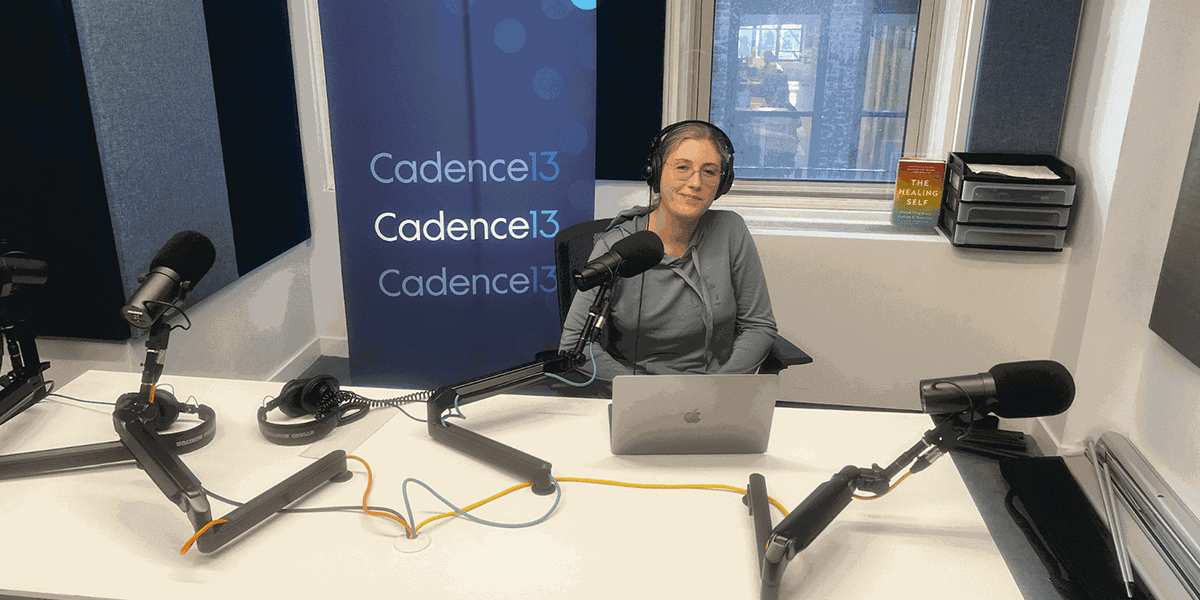In a compelling interview with Sari Crawford, who was born into a family with deep roots in Synanon, the impact of the communal lifestyle on her upbringing and personal development comes to light. Synanon, founded in the early 1950s, initially aimed at rehabilitating individuals struggling with addiction but later transformed into a controversial experiment in communal living.
Growing up under the influence of Synanon’s teachings, Sari expressed a dual perspective on the experience. On one hand, the philosophy that treated children as small adults allowed for unhindered creativity, but on the other hand, the lack of rules and supervision led to a sense of isolation and the challenge of figuring things out independently. Many children who grew up in Synanon, including Sari’s siblings, faced similar struggles and often left to solve their own problems.
Despite the hardships, Crawford acknowledged that some Synanon kids have gone on to achieve great things. However, others have fallen into substance addiction and cycles of trauma. Sari’s parents, influenced by Synanon’s teachings, raised her with blunt honesty, resembling the open communication style practiced in Synanon.
Sari, though not born in Synanon herself, highlighted the unique challenges of growing up in a nuclear family heavily influenced by Synanon’s principles. Full autonomy as a child had both perks and drawbacks, as relationships with others were often a struggle, and the traditional parent-child dynamic was absent.
Reflecting on the impact of Synanon on cultural identity, Sari mentioned the emphasis on individual viewpoints and truths, which resonates with her. Despite the controversies, the sense of community in Synanon remains a positive aspect, with communal living fostering care and support for one another.
As an actress, Sari has taken on roles related to Synanon, carrying on her father’s legacy as the original archivist. Her story series and podcast, The Sunshine Place, aimed to give a voice to the community and shed light on the realities of Synanon, acknowledging both its life-saving aspects and the damage it inflicted.
While Synanon was known for its strong sense of community, Sari pointed out the downfall in its later years, including divisive actions by the founder, Charles Dederich. Despite the controversies, Sari believes in the power of people coming together to create positive change.
Looking to the future, Sari expressed a desire to educate her children about Synanon’s teachings while ensuring a more secure and loving relationship with them. Sari hopes to provide their children with a childhood that Synanon often denied, acknowledging the importance of love and kindness in a child’s development.
Sari Crawford provides a nuanced perspective on the complex legacy of Synanon, acknowledging both its positive and detrimental aspects and the ongoing influence it has on individuals and their families.
Published by: Martin De Juan

















